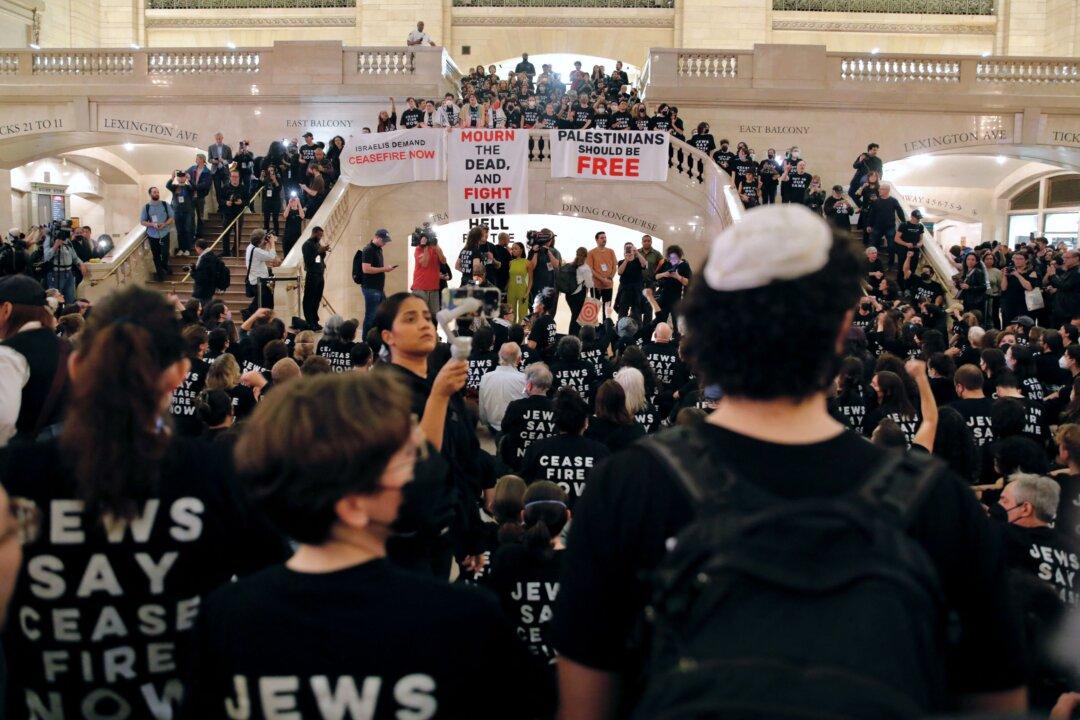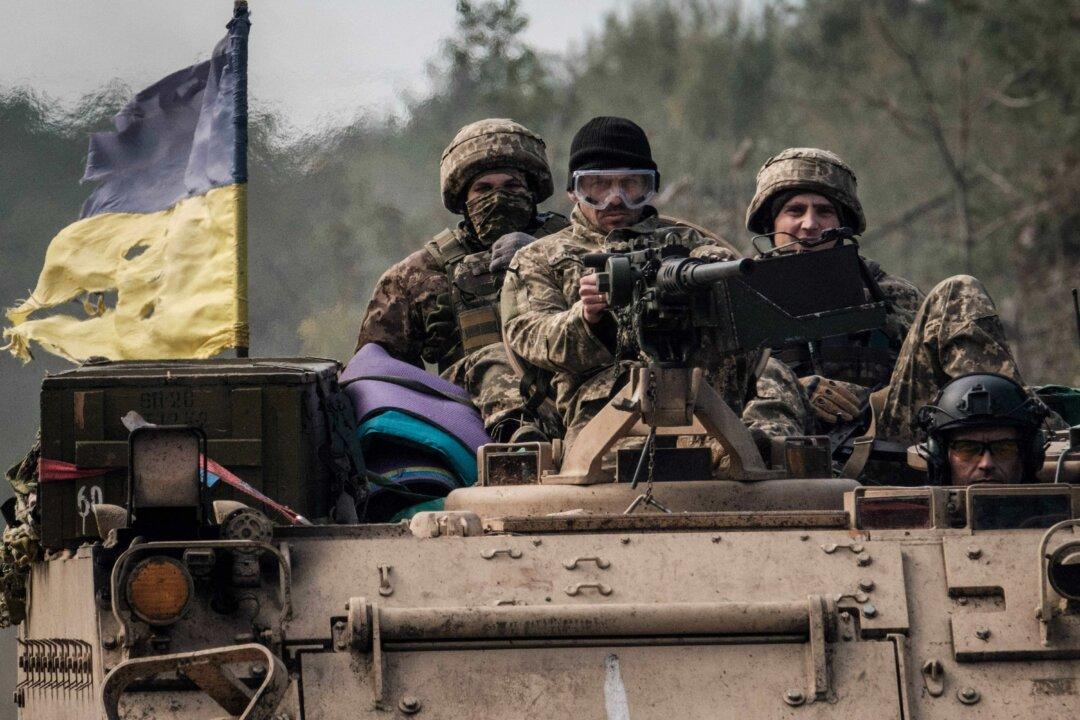The United States on Wednesday announced sanctions on ten key Hamas leaders and those affiliated with the Palestinian Islamic group’s global fundraising network in response to the Islamist terror group’s Oct. 7 attacks on Israel.
These fresh financial penalties, designed to track and seize Hamas-related assets, extend to Gaza, Sudan, Turkey, Algeria, and Qatar where the group operates.




